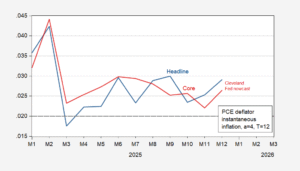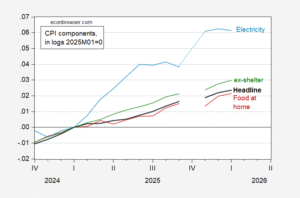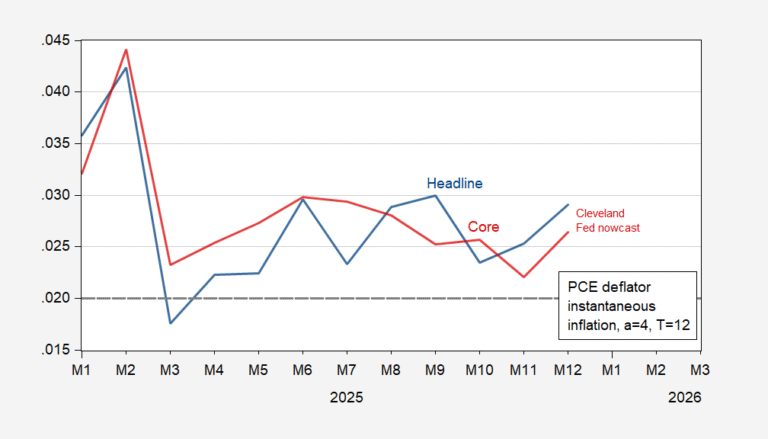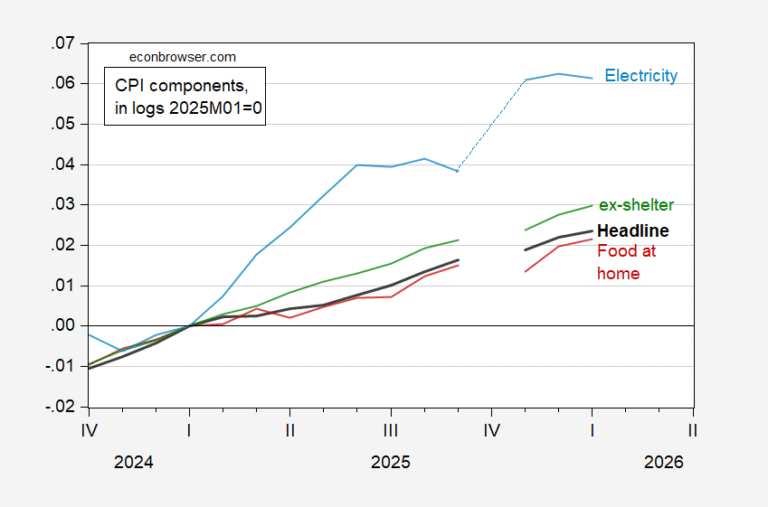Yves here. Richard Murphy calls out an important shift that took place in the Trump visit to the UK’s King and Prime Minister: it was a state visit devoid of the usual parade and other ceremony. This is a tangible demonstration that the elite no longer feel it is safe to be in proximity of their subjects, save in very controlled circumstances.
This is the inevitable result of very high levels of inequality. We’ve had for at least a decade the super-rich building panic rooms in their ginormous flats and estates, as well as buying and provisioning what amount to glamorous bunkers in places like New Zealand in the event civil order falls apart. A prime concern is how to secure the loyalty of the pilots who would ferry them to safety.
I got a foreshadowing of this type of fear when I visited Mexico City in 1984 on a McKinsey project. The office had booked a car to take me from my hotel in the central city to a leafy close-in suburb. I suspect it was the embassy section of town. I was hardly that observant, yet I saw several snipers on different rooftops as we rode to my meeting. Even at my comparatively young age, it was clear that the rich and powerful did not feel physically secure.
We’ve written from the inception of this site that high levels of inequality impose a longevity cost even on the top income groups. A big reason is unequal societies tend to have weak social bonds. But you can see another here. Even the very well off do not feel secure. Feeling the necessity of bodyguards and fortified compounds is proof. And they are not about protecting property but their person.
Oh, and those faraway boltholes. They are a variant of the “going to Mars” fantasy. How long will medical supplies, like drugs and chips and batteries for solar power storage hold up? Do they plan to have a fully kitted out ER in case someone gets cancer or needs an appendectomy? How do they have enough in the way of skilled surgeons on hand? Imaging equipment? How will they get and keep enough blood in case someone needs a transfusion?
By Richard Murphy, Professor of Accounting Practice at Sheffield University Management School and a director of the Corporate Accountability Network. Originally published at Funding the Future
Something quite extraordinary happened yesterday. A state visit took place, with all the associated pomp and ceremony, and no one was allowed to witness it, or to wave the required flags, or to cheer, let alone to stand and watch all the great and good who were to be paraded in front of them, which is the whole purpose of such events.
Why was that? It is because the people of this country are, very obviously, no longer to be trusted by our authorities. They do not believe it is possible to put someone like Donald Trump in front of us and expect us to behave with the obsequiousness that these occasions supposedly demand. And as a consequence, the powers that be retreated, quite literally, behind closed walls, symbolising the enormous divide that now exists between those in authority and the people in this country.
Over a long period of time, I have argued (as have others, of course) that the divide between a ruling elite and the rest of the population in the UK (and elsewhere) has grown considerably.
Partly this is because of the pre-existing wealth divide from which this country has long suffered.
And partly it is because of the ideological differences between the elite and everyone else, with that elite thinking that their sole purpose is to enhance the well-being of the country’s wealthiest people, whether they come from established money or have exploited their way to their newfound exceptional riches, whatever the cost to the rest of us.
Whichever it is, the inevitable result of their actions is that the divide between the power elite and everybody else has increased. We can now see that this divide has reached the point where it is recognised that these two groups cannot coexist: there is no trust left.
What is now clear is that the ruling elite can no longer display their power and wealth without objection and rising dissent. As a consequence, those displays are now having to take place in controlled environments, with the media receiving images that are guaranteed to be sanitised of any interaction with the people who form the population of this country.
No society that has reached this point can survive for long. When there is no connection between those with power and those over whom they are powerful, the breakdown of that society is very clearly signalled, and its collapse is likely to follow. This is the dangerous point that we have reached.
I have no time for the far right, but I do understand why people are angry with a powerful elite in this country that has left them precarious at all times, and most especially vulnerable to the economic whims of those who think austerity is necessary for the sake of mistaken political goals.
I am aware that I am at risk of repeating myself this morning about the dangers that Labour is creating by, in turn, perpetuating what the Tories did for 14 years. However, I think that the risks we are facing as a consequence of Labour’s chosen economic policy are so significant that this fact (for fact it is) has to be pointed out time and again.
The price we are paying for the neoliberal economic folly is now one that is too great for people to bear.
By implication of their actions, those in power now know it, which is why they are retreating.
Whilst there is no fascist alternative that will meet people’s needs (as the elite running Reform prove by their own backgrounds and priorities, which match those of the Tory elite that led us to this disastrous situation), in the absence of any other economic narrative amongst the larger political parties, it is to fascists that people will go. That is why Labour is so dangerous.
The power elite has drawn up the drawbridge at the castle (quite literally, as it turns out). We are in very deep trouble unless:
- Labiur abandons neoliberalism and outs resources to work to relieve the problems that exist in this country
- We tackle inequality
- We rebuild hope for now and the future, which also requires that climate change be addressed.
It’s a simple recipe. It’s also the only one that will work.







